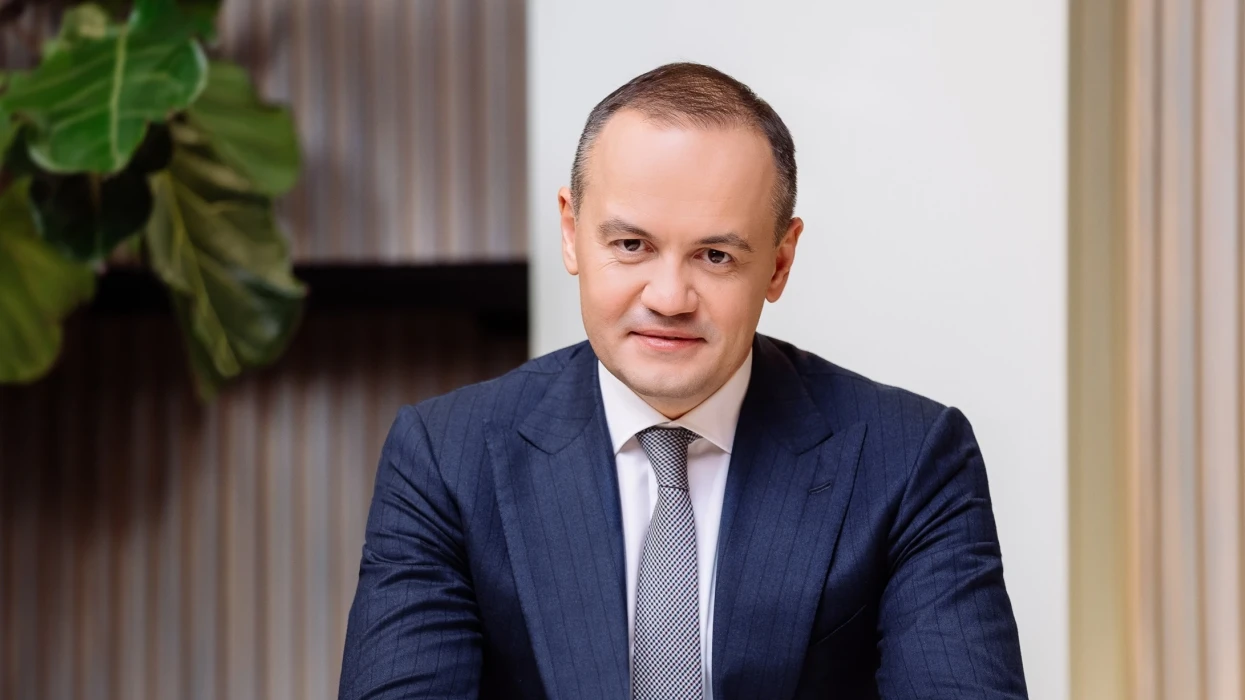The World Economic Forum hosted a Ukraine Energy Roundtable in collaboration with the Office of the Prime Minister of Ukraine. Over 35 CEOs and senior executives from global and Ukrainian electricity organizations gathered to discuss the Energy Transition Index for Ukraine and explore how scaling renewables, modernising grids and improving efficiency can create value while accelerating energy transition in Ukraine.
The Energy Transition Index (ETI) is an internationally recognised tool for assessing the progress of the energy transition in individual countries. Accordingly, the document offers policymakers, industry, and representatives from civil society, the opportunity to identify challenges with, as well as unique solutions for, the development of the Ukrainian energy system. The ETI evaluates 115 countries, among which Ukraine features. The country has recorded a positive trajectory of progress as its rating has improved by seven points since 2021, currently scoring 51.8 out of 100 points.
As a member of the World Economic Forum, DTEK promotes Ukraine's alignment with the global energy transition and welcomes international expertise on developing effective strategies for the transformation of the country's energy system, ensuring Ukraine contributes to solving global climate challenges. Maxim Timchenko, DTEK CEO, joined the discussion, ‘Increasing efficiency through the transition to clean energy’, and noted that the climate emergency has become a defining theme in the global energy sector. The world is uniting in the face of the climate challenge, and Ukraine needs to use its vast natural, scientific and technological potential to rapidly restructure its energy sector and economic recovery.
“After we have completed the electricity market reforms and created a stable and predictable investment environment, our country will be able to realise its potential and become a leader in the decarbonisation of Eastern Europe. The energy sector is an important resource for us to leverage in order to achieve our CO2 reduction goals as well as to implement Ukraine's ambitious climate policy. Ukraine's accession to ENTSO-E, the development of renewable energy sources, the increase in energy efficiency, and the modernisation of networks are key priorities in the energy sector’s transformation”, said Maxim Timchenko, DTEK CEO
According to the study, Ukraine ranks 25th in the world for CO2 emissions. Our energy sector is responsible for more than 40% these emissions. Our country remains one of the least energy efficient countries in Europe, with the highest energy intensity among other members of the Energy Community. In Ukraine, the share of green energy in final energy consumption is 8%. Ukraine's current Energy Strategy sets a renewable energy target of 17% by 2030 and 25% by 2035. Achieving these goals is only possible through the creation of an attractive investment climate for green-minded investors that is consistent with government policies.
The roundtable participants highlighted the following factors as being key in contributing to Ukraine's progress in the energy transition:
Stable, transparent and consistent policies and frameworks are essential to accelerate the energy transition. Long-term planning needs to be ensured, particularly when it comes to grids. Predictable and strategic regulation and a strong legal system that enforces contracts are also essential for electricity markets to transition to clean energy and to attract the necessary financing.
Strategic development of technologies. The government of Ukraine’s commitment to synchronize with the European power grid by 2023 will be an important step. Flexibility through battery storage or green hydrogen will enable Ukraine to meet its potential for scaling renewables, even if increasing renewable penetration should remain the priority for now.
Public and private collaboration will be key to bridging the financing gap and promoting more sustainable development in Ukraine. Participants highlighted the need to rebuild trust and investor confidence. Ukraine has been successful in attracting significant investments from foreign investors up to 2020. Challenges in 2020 relating to renewables subsidies are still unresolved. Potential investors look forward to resolution of these issues, with the promotion of renewables clearly prioritized.
International collaboration will be key to align global energy systems to the 1.5 degree pathway outlined by the Paris Agreement.







